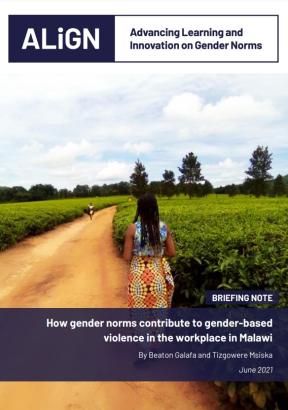- Briefing paper
- 12 July 2021
Women and gender norms in Nepal’s parliament
- Author: ESubden
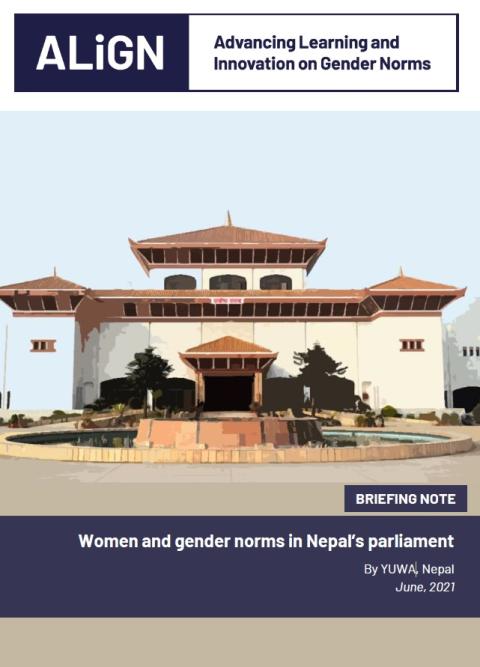
This study, conducted by YUWA, explores how gender norms in Nepal influence the roles of female parliamentarians in the House of Representatives (HoR). The study was primarily conducted with female parliamentarians and examines personal stories of inequalities, suppression, and verbal or emotional abuse. Additionally, the study investigates the perceptions of male parliamentarians and other stakeholders on the role gender norms play in the HoR, especially in regards to female parliamentarians.
In the face of the persistent patriarchy at all levels in the country, female parliamentarians are constantly challenged. Patriarchy poses the biggest obstacle for young and aspiring female politicians as they ascend through the ranks of political parties and pursue seats in parliament.
Key findings
- Women representatives in Nepal’s Parliament report high levels of emotional and verbal gender-based violence (GBV).
- While a strict code of conduct has helped to prevent physical violence in parliament, respondents report that misogynist remarks and ‘character assassinations’ aimed at women are commonplace.
- The views of male parliamentarians on key social and political matters are prioritised by the media, while the views of female parliamentarians on these issues are rarely sought.
- Proportional representation has enhanced parliamentary diversity, but members who have been elected as a result of proportional representation (including most female members) are often looked down on, while members who have been directly elected tend to control parliamentary resources.
- Every parliamentarian can in theory, raise concerns, at a specific time during the parliamentary session. Most female parliamentarians, however, are sceptical that their complaints have any impact. Male members of parliament in executive positions and their parties rarely take women’s viewpoints into account.
- Nepal’s parliament has no reporting mechanism for cases of GBV or defamation. A formal mechanism could direct the management of future cases and ensure greater sensitisation. At present, if a female member of parliament (MP) experiences GBV, she has to turn to the country’s legal system for redress.
This report is an output from the second round of ALIGN's micro-granting facility which provides organisations based in low- and middle-income countries with grants for research and learning. See more about this round of funding.
- Countries / Regions:
- Nepal
Related resources
2 November 2020
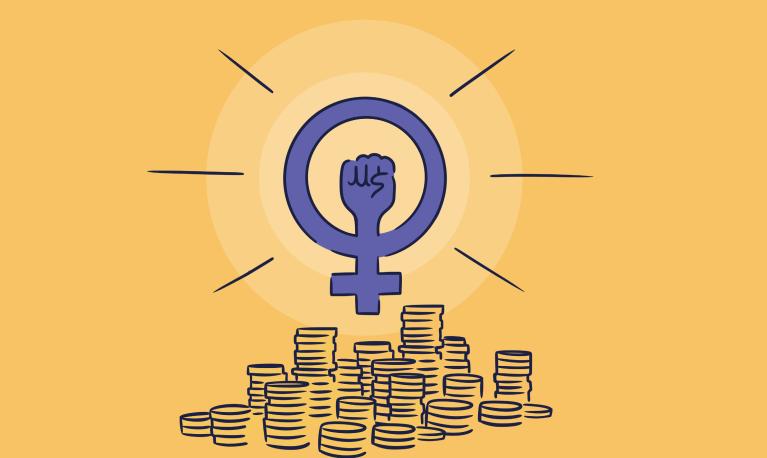
9 June 2021
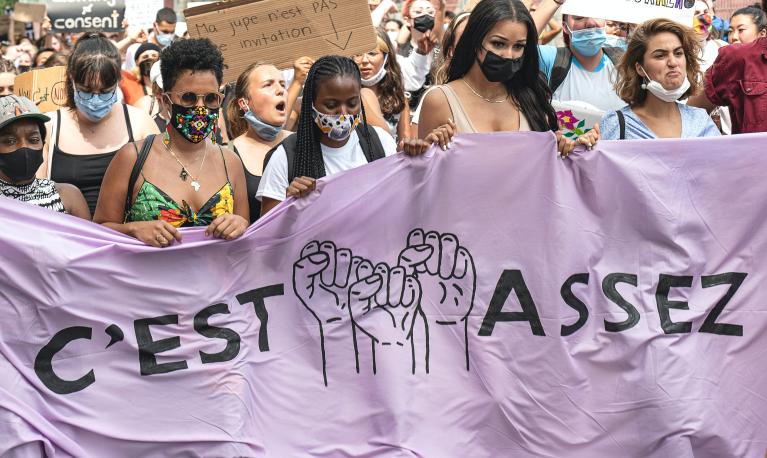
ALIGN's second round of micro-grant funding focused on research into effective action on the gender norms that underpin gender-based violence in the workplace and features outputs from Zimbabwe,…
Briefing paper
25 August 2021
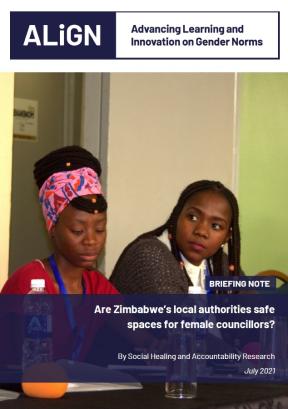
Briefing paper
25 August 2021
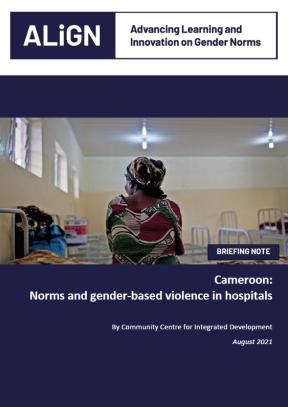
Briefing paper
19 August 2021
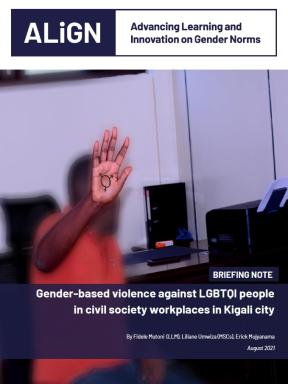
Briefing paper
22 July 2021
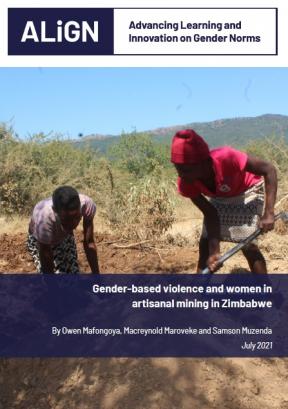
Briefing paper
24 June 2021
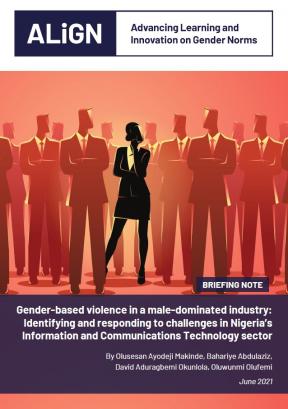
Briefing paper
7 June 2021
